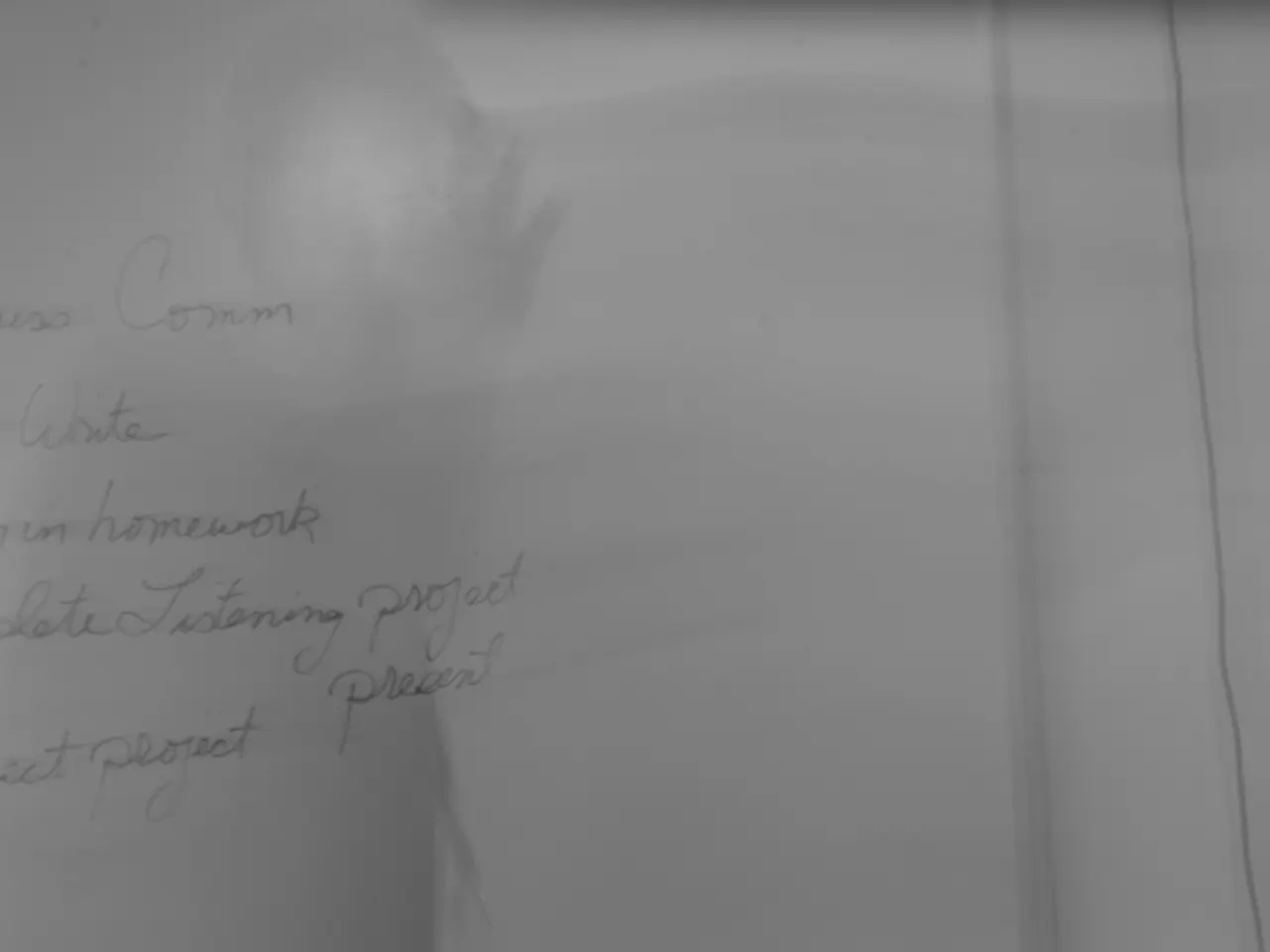The path leading to despair is lined with benevolent plans: The assurance of extended vehicle insurance coverage over a prolonged period
The Insurance Regulatory and Development Authority of India (IRDAI) has made significant changes to the regulations for long-term motor insurance policies in India. As of 2025, three-year comprehensive packages for four-wheelers and five-year packages for two-wheelers are no longer mandatory under current IRDAI norms [2].
Third-Party Coverage and Unnamed Passengers
Third-party mandatory insurance covers third-party risks, which legally would include unnamed passengers or pillion riders harmed by the insured vehicle [2]. Comprehensive motor insurance covers loss/damage to the owner’s vehicle and may offer add-ons or extensions for occupant coverage, but no regulatory update mandates explicit, separate coverage for unnamed passengers or pillion riders [1][2].
Confusion in Long-Term Policies
In the long-term policy regime, buyers of new vehicles can combine a multi-year third-party cover with a one-year own damage (OD) cover. However, when disputes reach motor accident tribunals, insurers often deny liability, leading to lengthy litigation and occasional pay-and-recover orders. There is a lack of consistency or uniformity in court decisions regarding long-term motor insurance policies [1][2].
A confusion arises when, in the second year, the owner switches the OD cover to another insurer, while the original insurer retains the long-term third-party risk. This can lead to disputes over liability and fragmented claims between multiple insurers. In such scenarios, if an accident occurs, the original insurer covers statutory third-party claims, while the new OD insurer pays only for the vehicle's own damage.
False Sense of Security
Bundled policies have complicated claims by fragmenting liability between multiple insurers, and in the absence of clear communication about exclusions, vehicle owners are left with a false sense of security. Gratuitous occupants or pillion riders may find themselves outside both covers unless the owner had taken add-ons or "unnamed passenger" endorsements in the first year.
Regulatory Clarity Needed
Regulatory clarity from IRDAI or a decision from the Supreme Court is needed to prevent "bungled policies" in the context of motor insurance. Narasimhan Vijayaraghavan, a practicing advocate in the Madras High Court, has emphasized the need for clear regulations to ensure that all parties involved in a motor accident are adequately covered [3].
References
- IRDAI Circular on Product Innovation
- IRDAI Circular on Long-Term Motor Insurance Policies
- The Hindu: Motor Insurance Policy Renewals: A Tale of Two Covers
Finance and business are crucial when considering the issues arising from long-term motor insurance policies in India. For instance, the lack of uniform court decisions on these policies can lead to disputes, fragmented claims, and potential financial burden for all parties involved (business aspect). To prevent such confusion, regulatory clarity from the Insurance Regulatory and Development Authority of India (IRDAI) would be beneficial, as emphasized by Narasimhan Vijayaraghavan (finance).




